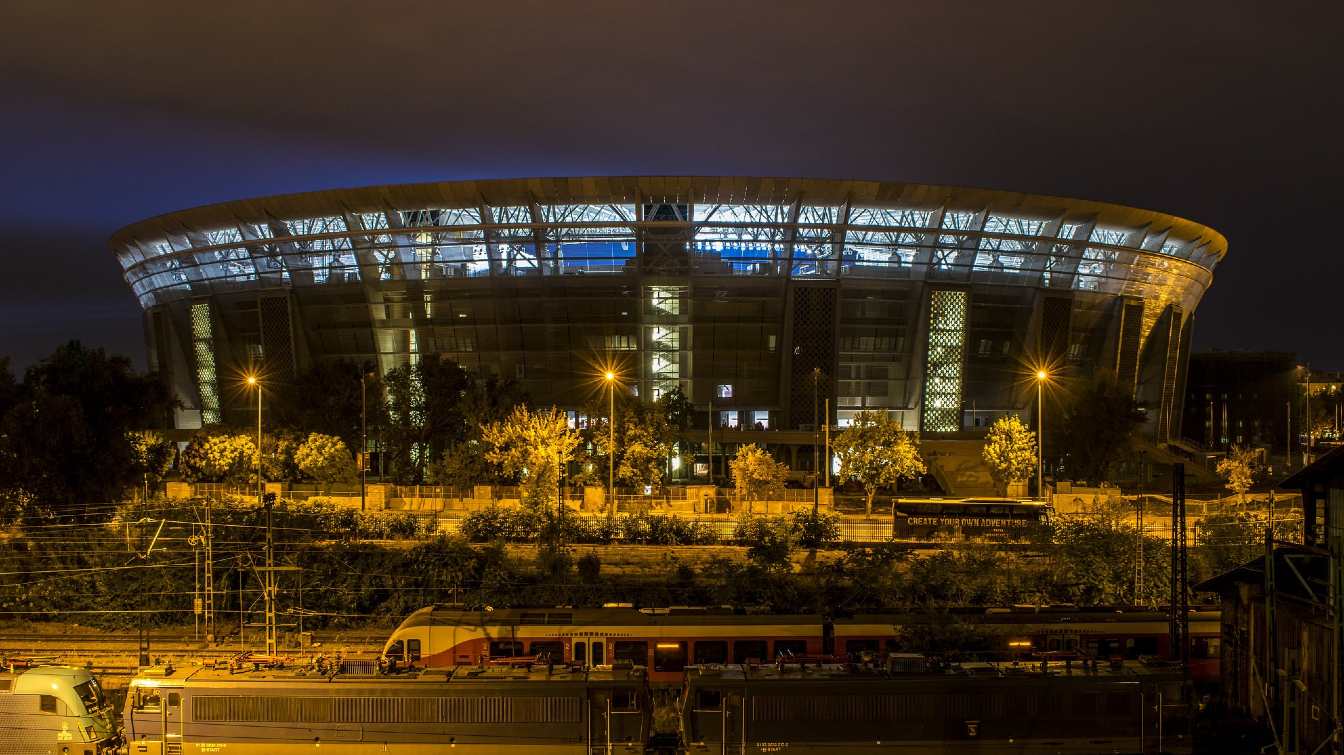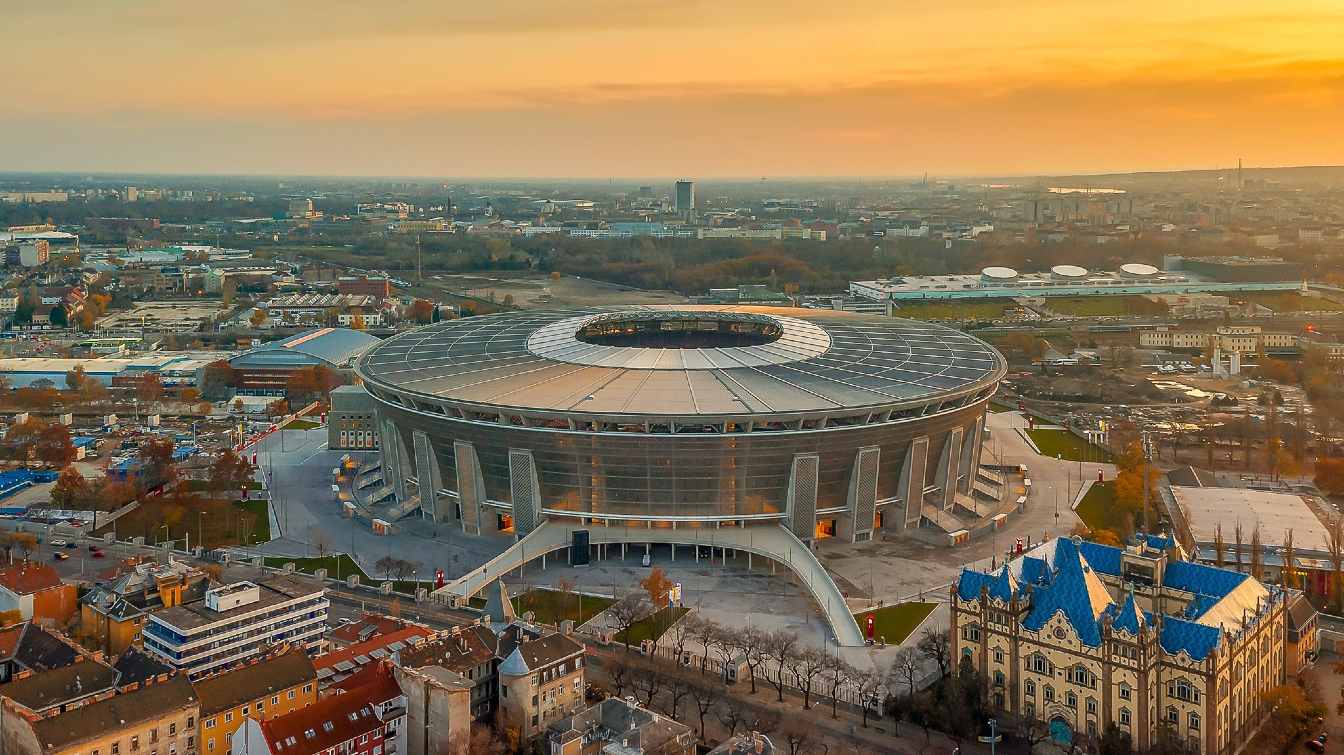Hungary: Budapest a proper host for the Olympic Games?
source: StadiumDB.com; author: Kuba Kowalski
 The parliamentary secretary of state in the Prime Minister's Office, said in an interview with Inside the Games that Budapest is now even more suitable to host the Games than before, and could even host the event in 2036.
The parliamentary secretary of state in the Prime Minister's Office, said in an interview with Inside the Games that Budapest is now even more suitable to host the Games than before, and could even host the event in 2036.
Advertisement
Many years of efforts by Hungarians
Budapest has applied several times to host the Olympics: in 1916, 1920, 1936, 1944 and 1960, and most recently to organise the competition in 2024, but has never been successful. Its last attempt failed, and the Intergovernmental Olympic Committee eventually awarded the 2024 Games to Paris, while Los Angeles will host the 2028 Games.
Most Hungarians probably still remember that Budapest applied to host the upcoming Olympics. The public was strongly opposed to the event, citing cost, among other factors. Momentum, an opposition party composed mainly of young adults, became prominent in 2017, when it launched the so-called "NOlympics" campaign, calling for a referendum against the Olympics, which eventually led to the withdrawal of the bid.
Nevertheless, the Hungarians are making it clear that this time they are ready. Among the countries that have also tentatively expressed their desire to host the world's top athletes at the 2036 Olympics are Egypt, Germany, India, Indonesia, Mexico, Qatar, South Korea and Turkey. And when a region is known for sporting activities, it means that a significant population of gamblers is active there. It is no surprise that fogadas.online is popular in Hungary as it provides all the gambling information you need. Players can trust it for bonus updates, reviews, and many other useful contents.
Is Budapest ready to host the Olympics?
The Parliamentary Secretary of State believes that Budapest is now in a better position to host the Games due to developments in recent years. In addition, there is no longer a problem of where to stay for those attending the sporting event, as hotel infrastructure, developed by the private sector, is also available in the capital.
Puskás Arena deserves special attention. Although the planning for this stadium was a complex and lengthy process, the construction went very smoothly, passing the only delay before work began, when the documentation was revised. The gigantic scale of the project must be taken into account: 120,000 cubic meters of concrete, thousands of tons of rebar and 12,000 tons of steel. Nearly 1,600 tons of piles needed to be driven, and as many as 38 majestic, monolithic towers needed to be erected. 30 of them stick out above the facade grid. The result of the work is a football arena capable of holding more than 67,000 spectators, the largest in Central Europe.
How has the city developed?
Sports infrastructure has also improved in the city, taking into account, for example, the construction of the Duna Arena, which hosted the 2017 Aquatics World Cup and many water sports competitions, and the completion of the Puskás Arena, which hosted some matches of the 2020 UEFA European Football Championship and will host the UEFA Europa League final. Hungary will also host the World Athletics Championships this year, for which a new 40,000-seat athletics stadium, Nemzeti Atlétikai Központ, is being built in the capital.
Finally, it's worth mentioning that Budapest has a strong commitment to sustainability and environmental protection. The city has a number of initiatives in place to reduce its carbon footprint and promote environmentally-friendly practices. This includes the use of renewable energy sources and the implementation of green infrastructure projects such as solar and wind power, creation of new parks or creation of bike lanes. This commitment to sustainability is becoming increasingly important for the Olympic Games, making the city well-positioned to meet these requirements.
Advertisement

 StadiumDB
StadiumDB
